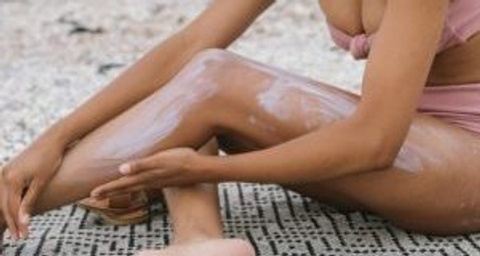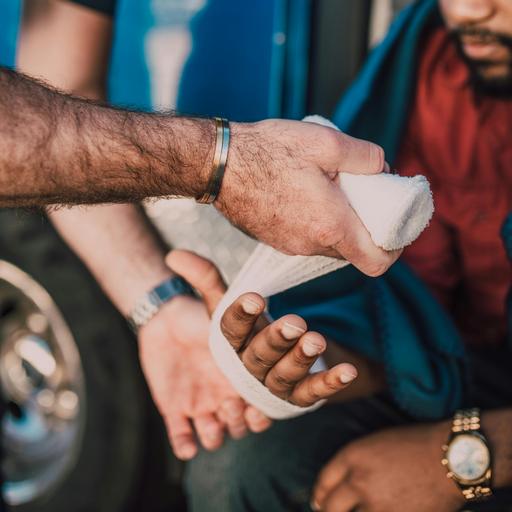The Importance of SPF and Summer Care for all Skin Tones

The Importance of SPF
I think at some point as a child or teenager we all heard the statement, “black don’t crack.” For years we carried that mantra in our minds, with the notion that we didn’t necessarily need a comprehensive skin care routine, and we definitely don’t need sunscreen. The notion that “black people don’t get skin cancer,” is another expression that has discouraged the use of sunscreen, along with the limited amount of sunscreens available on the market for darker skin tones.
Truth is; every day your skin is exposed to the sun’s harmful ultraviolet (UV) radiation – even if it’s just through windows, the windshield, or walking outside. The long-term effects of UV exposure can result in aging, loss of elasticity, increased fine lines and wrinkles, and skin cancers. In addition, our skin barrier is responsible for filtering 60-70% of UVB rays and if it is significantly damaged from unprotected sun exposure, then one can develop an increased risk for dry skin, infections, and more. Another thing to consider is that chronic sun exposure can lead to discoloration, “blotchiness”, and an uneven skin tone for those with darker skin.
It’s for these reasons that it’s extremely important to wear sunscreen, not only on sunny days when you plan to be outside, but every day, even when the weather is cloudy or you don’t plan on leaving the house.
Some key points to remember when selecting a sunscreen:
- Apply a broad-spectrum, water resistant sunscreen with an SPF of 30 or higher
- Remember to reapply sunscreen every two hours, after swimming, or after sweating
- Incorporate sun protective clothing including a lightweight long-sleeved shirt, pants, a wide brimmed hat, and sunglasses with UV protection when possible
- Seek shade when appropriate (remembering that the sun’s rays are the strongest between 10:00 AM and 2:00 PM)
How to Prevent and Treat Sunburn
If you are unable to prevent a sunburn, there are still several steps one can take to treat and prevent further damage to your skin:
- Go inside as soon as you can to minimize further UV exposure.
- Take a pain reliever such as ibuprofen to help decrease the erythema/redness, pain, and swelling from the sunburn.
- Start with cool compresses, every 15 minutes, to help soothe some of the symptoms.
- Soak your skin in milk and cool baths to help soothe the skin.
- Use topical or oral steroids if the degree of burn is moderate to severe.
- Stay hydrated. Maximum hydration is achieved by drinking plenty of water and avoiding alcohol in the days following a sunburn. Instead of using heavy creams that can “trap” heat into the skin, gel or light lotion moisturizers such as Vaseline Intensive Care Soothing Hydration Lotion are recommended to allow the skin to “breathe” and help protect the skin from further damage.
- Using aloe vera can also soothe sunburned skin.
Once your sunburn has been treated, make sure to keep your skin moisturized by using Vaseline Original Healing Jelly.


